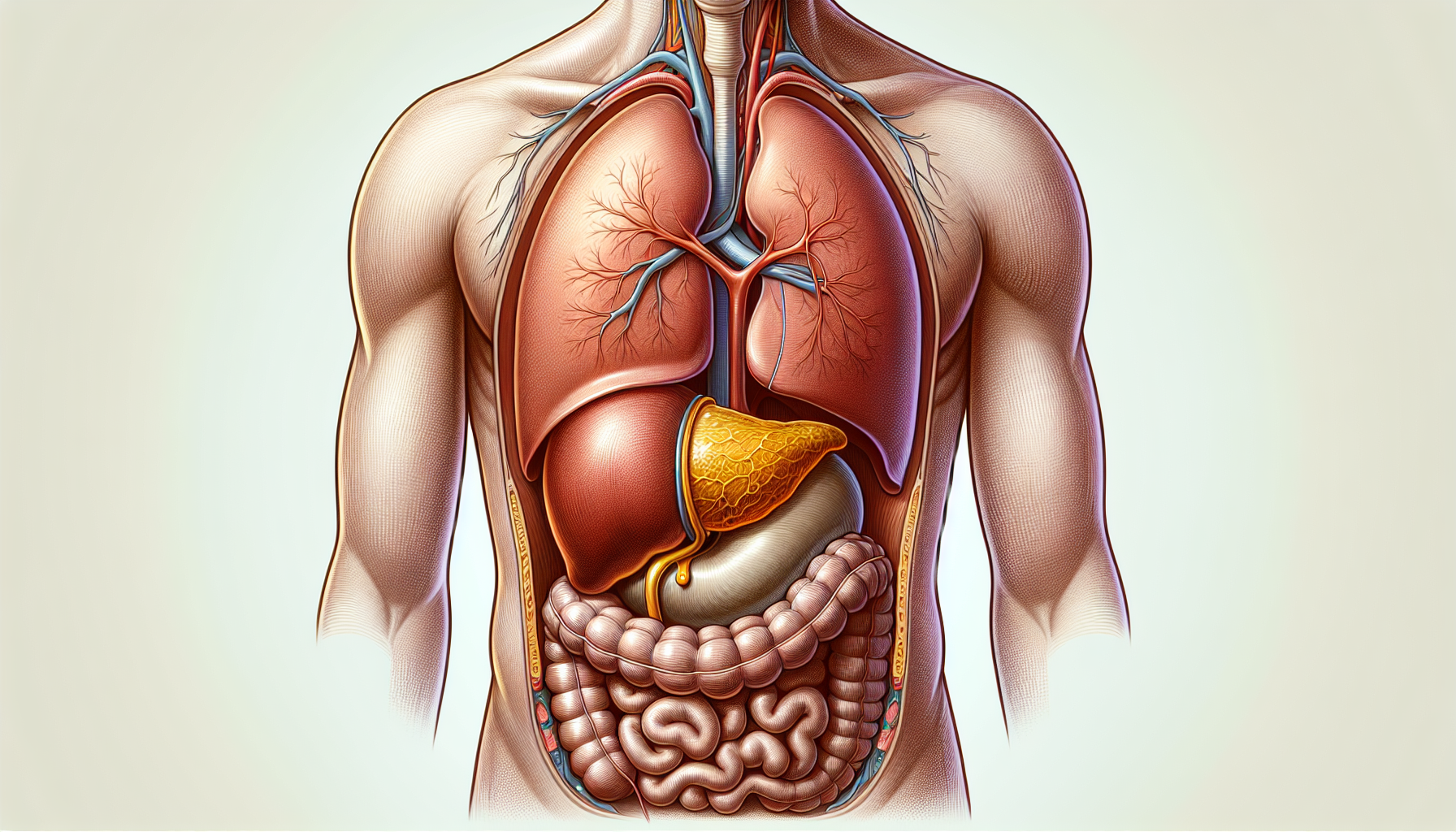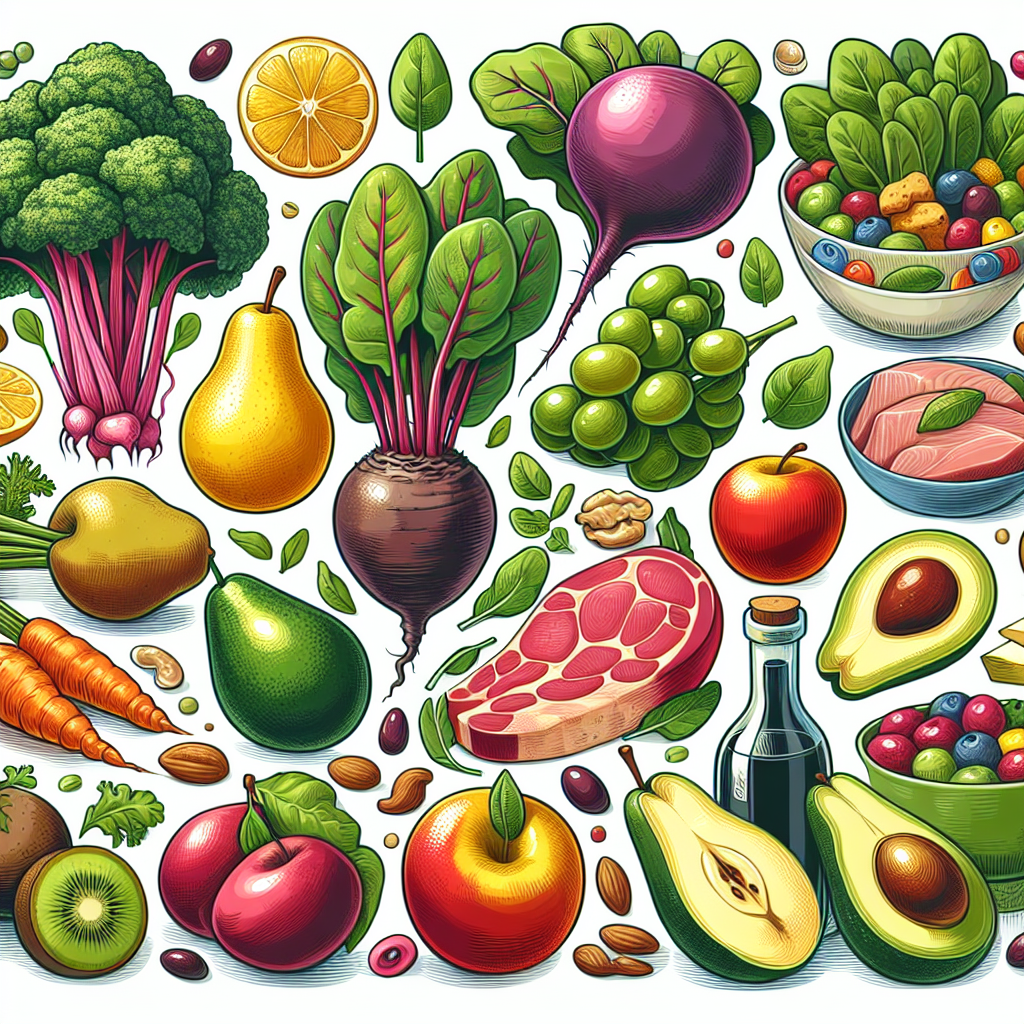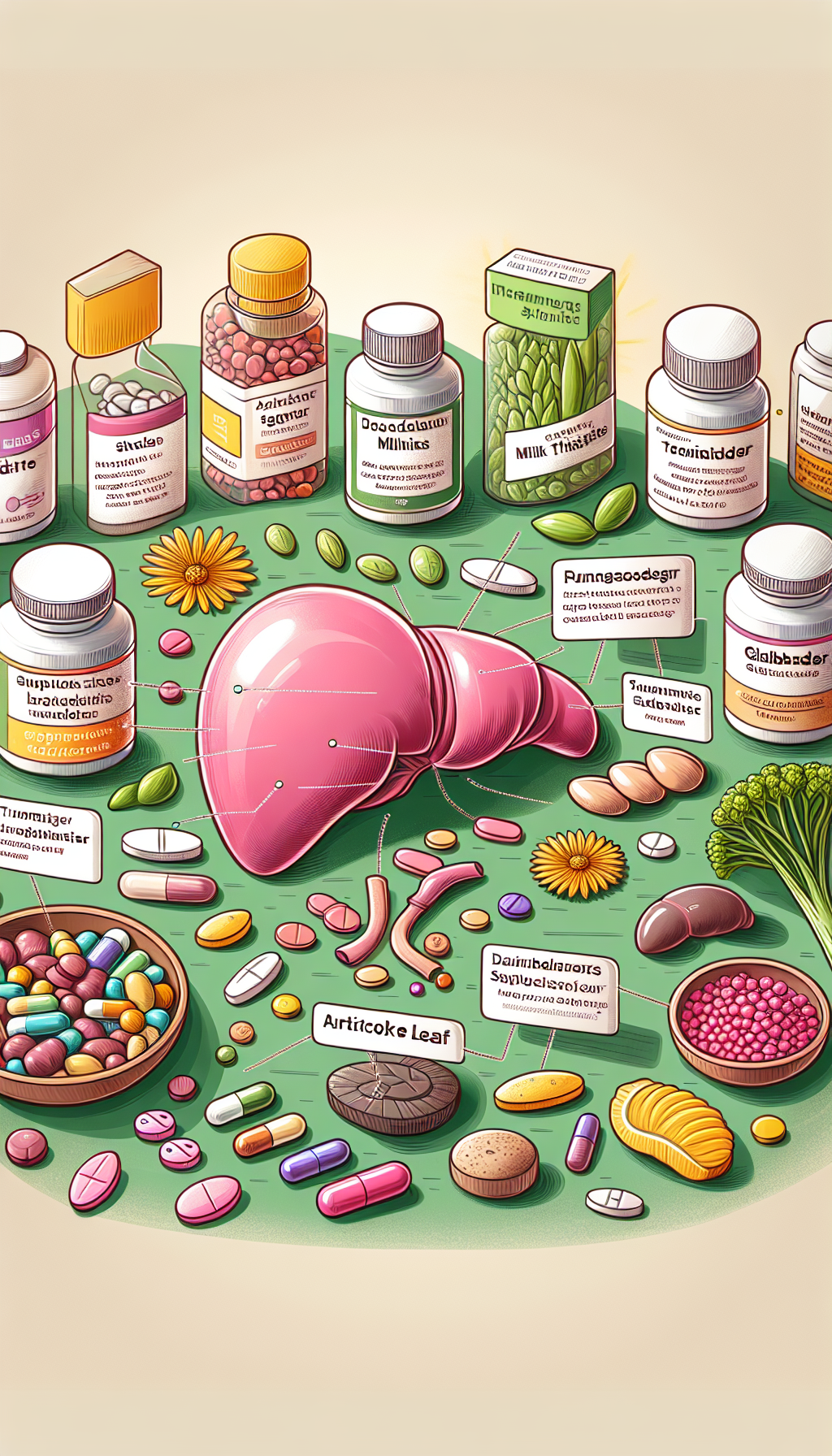Gallbladder health is often overlooked in discussions about digestive wellness, yet it plays a crucial role in our overall health. The gallbladder is a small organ situated just beneath the liver, responsible for storing bile produced by the liver and releasing it into the small intestine to aid in the digestion of fats. When the gallbladder is not functioning properly, it can lead to a range of digestive issues and discomfort. This article delves into practical strategies for maintaining gallbladder health and preventing common disorders such as gallstones.
Understanding Gallbladder Function and Disorders
The primary function of the gallbladder is to concentrate and store bile, which is essential for the digestion and absorption of fats. Bile contains cholesterol, bile salts, and waste products such as bilirubin. Gallbladder disorders can arise from an imbalance in the composition of bile, leading to the formation of gallstones, inflammation (cholecystitis), or biliary dyskinesia.
Gallstones, the most common gallbladder disorder, are solid particles that form from bile cholesterol and bilirubin. They can block the bile ducts, causing pain, nausea, and potential complications. Maintaining a healthy gallbladder is key to avoiding these painful and often disruptive conditions.
Diet and Gallbladder Health
Diet plays a significant role in gallbladder health. High-fat diets, particularly those rich in saturated and trans fats, can contribute to gallstone formation. Conversely, a diet high in fiber and healthy fats (such as omega-3 fatty acids) can help maintain bile fluidity and prevent gallstones.
For those looking to optimize digestive health, exploring the Benefits of a Plant-Based Diet for Digestive Health can be particularly beneficial. A plant-based diet is typically high in fiber and nutrients that support digestive functions, including those of the gallbladder.
Foods to Include
- Fruits and Vegetables: High in fiber and antioxidants, they aid in digestion and may reduce the risk of gallstones.
- Lean Proteins: Options like fish, poultry, and legumes are less likely to burden the gallbladder than red meats.
- Whole Grains: Brown rice, quinoa, and whole wheat products provide fiber that helps prevent constipation and gallstones.
Foods to Avoid
- Processed Foods: High in unhealthy fats and sugars, they can contribute to gallstone formation.
- Fried and Fatty Foods: These can cause the gallbladder to work harder, increasing the risk of gallstones.
- Refined Carbohydrates: White bread and pastries can disrupt the balance of bile in the gallbladder.
Hydration and Gallbladder Function
Adequate hydration is essential for gallbladder health. Water helps to maintain the fluidity of bile and can prevent the formation of gallstones. It is recommended to drink at least eight glasses of water daily to support gallbladder function.
Physical Activity and Gallbladder Health
Regular physical activity can decrease the risk of gallstones by maintaining a healthy weight and improving overall digestion. Exercise helps regulate cholesterol levels and supports gallbladder motility, preventing bile from becoming too concentrated.
For those interested in overall wellness, including gallbladder health, Avix Health’s Fitness resources provide insights and tips on incorporating physical activity into your routine for optimal health benefits.
Weight Management
Obesity is a significant risk factor for gallstones. Gradual weight loss, as opposed to rapid weight loss, is recommended to reduce the risk of gallstone formation. Crash diets and fasting can lead to an increased concentration of cholesterol in bile, promoting gallstones.
Medication and Supplements
Certain medications and supplements can impact gallbladder health. For instance, oral contraceptives and hormone therapy can increase the risk of gallstones due to elevated estrogen levels. On the other hand, supplements like vitamin C and milk thistle may improve gallbladder function by supporting liver health and bile production. However, it’s essential to consult with a healthcare provider before starting any new supplement regimen. You can find more information on this topic at Avix Health’s Medication & Supplements.
Natural Remedies and Lifestyle Changes
Natural remedies such as peppermint tea and turmeric may support gallbladder health due to their anti-inflammatory properties. Lifestyle changes, such as reducing stress and avoiding smoking, can also positively impact gallbladder function.
For further reading, consider the article on Natural Ways to Combat Bloating and Improve Digestion which offers additional insights into managing digestive health, including that of the gallbladder.
External Resources for In-Depth Information
- Gallbladder Diet: Post Surgery Menu and Meal Plan – A resource providing dietary guidelines to follow after gallbladder surgery.
- Exercise Reduces Gallstone Risk in Women – A study from the National Institutes of Health discussing the relationship between physical activity and gallstone risk in women.
- Hydration and Gallstone Disease – This academic article explores the link between hydration and the prevention of gallstone disease.
- The Role of Dietary Fiber in the Prevention of Gallstone Formation – A scientific paper discussing the importance of dietary fiber in gallstone prevention.
- Weight Cycling Increases Gallstone Risk in Men – Research highlighting the risks associated with weight fluctuations and gallstones.
Maintaining gallbladder health is a multifaceted endeavor that involves diet, hydration, physical activity, weight management, and mindful use of medications and supplements. By implementing these strategies, individuals can support their gallbladder function and contribute to their overall health and wellbeing. Always consult with a healthcare provider for personalized advice and treatments, especially if you experience symptoms suggestive of gallbladder disorders.



